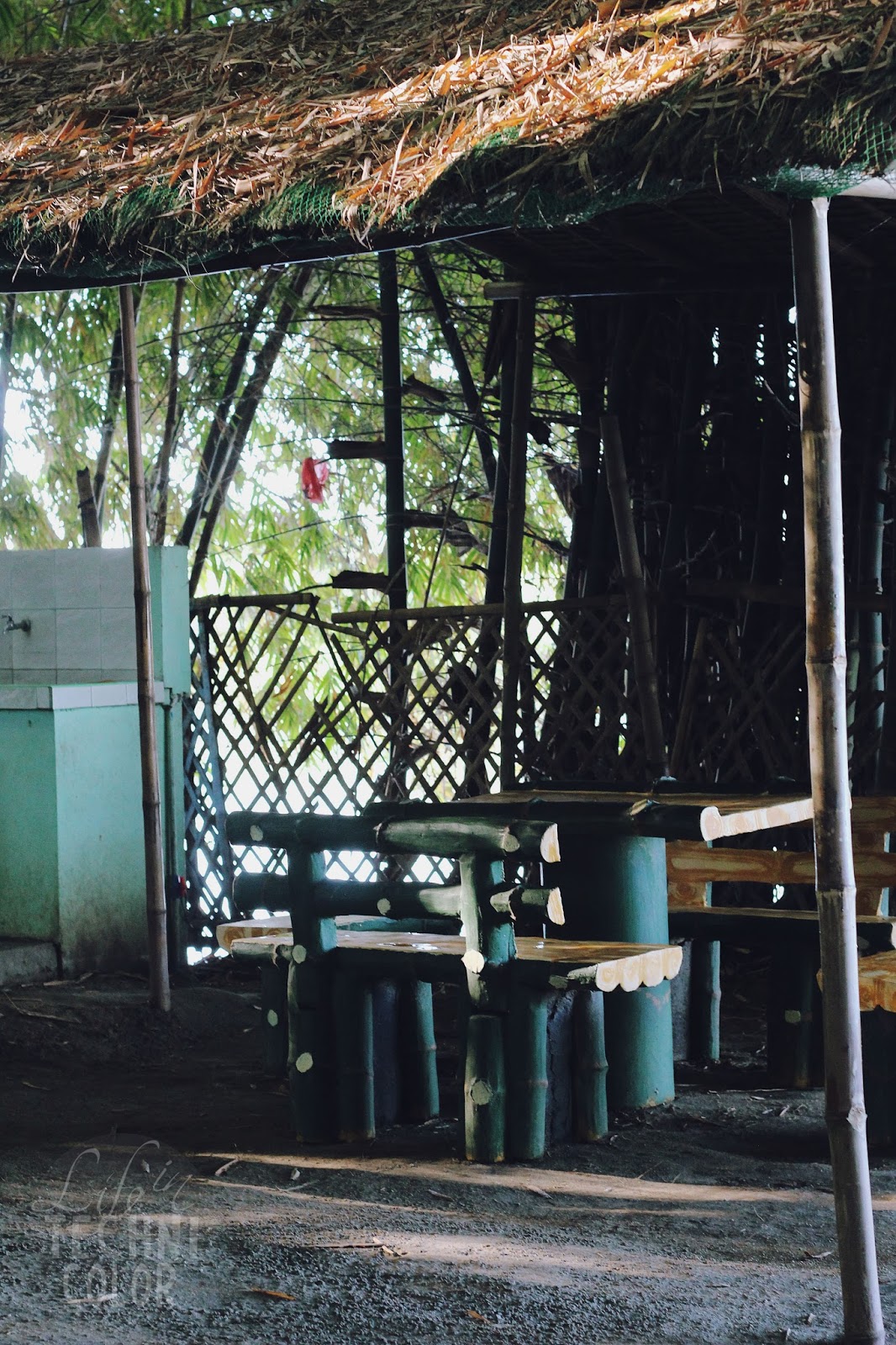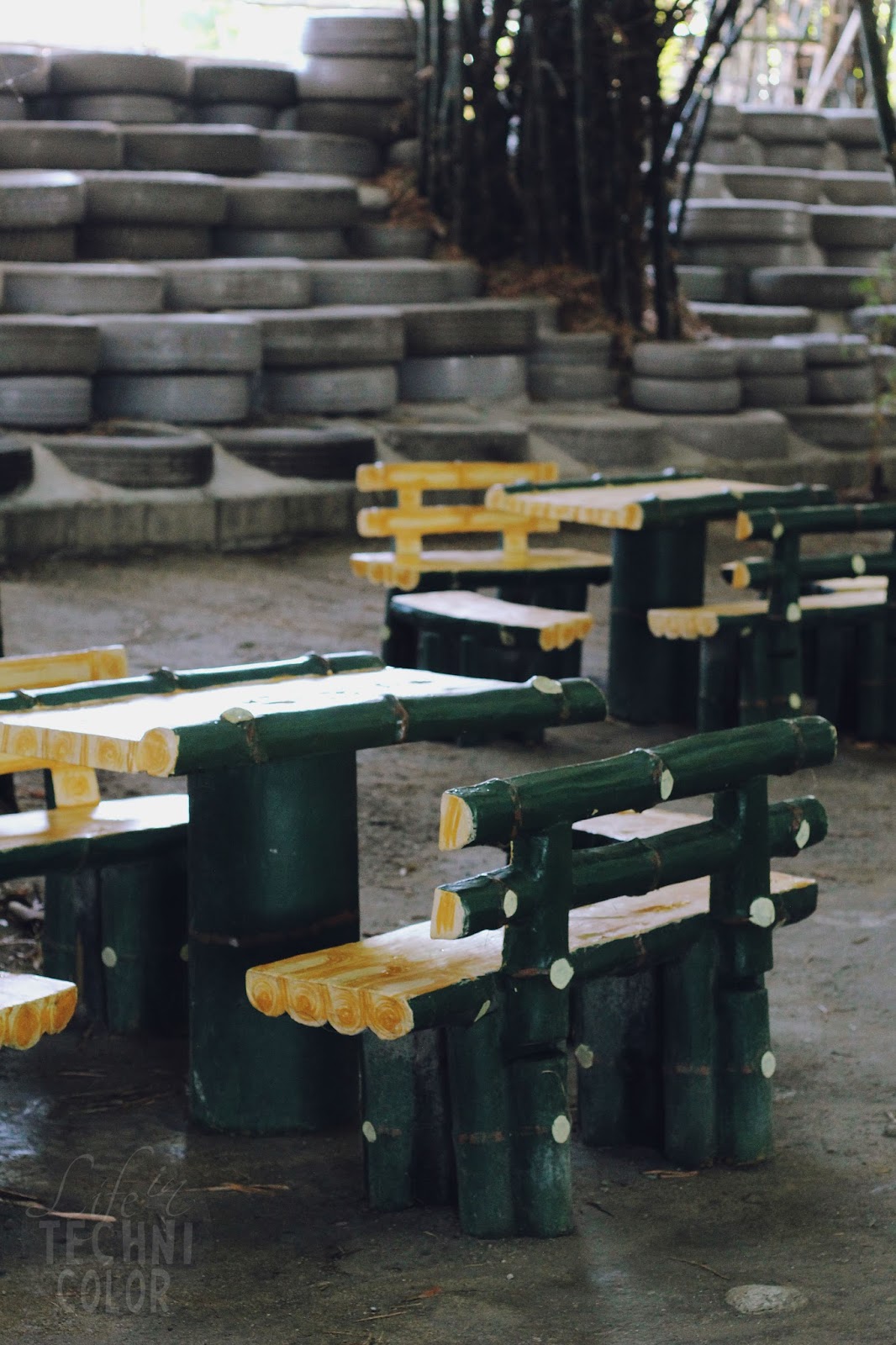
Welcome to Sasmuan Bangkung Malapad Critical Habitat and Ecotourism Area (SBMCHEA)!
A few weeks ago, I had the opportunity to join other travel bloggers for a tour around Sasmuan Bangkung Malapad Critical Habitat and Ecotourism Area (SBMCHEA) in Pampanga. It was the day after the Kuraldal Festival (which I wrote about here); we woke up at four since our call time was at 4:30 am and we still had to travel an hour to get there.
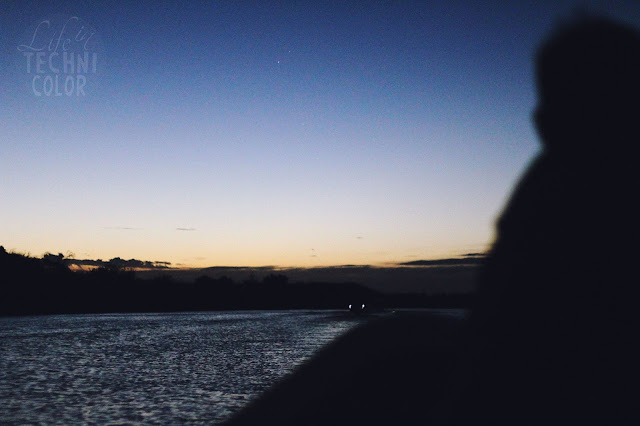
SBMCHEA (formerly known as Bangkung Malapad) is a mangrove islet formed by the volcanic sediments from the eruption of Mt. Pinatubo in 1991. To get there, one must ride a speed boat from Lubao Bamboo Hub and Eco-Park, a quick 15-minute drive from where we stayed at Pradera Verde.
Here are some photos I took from the boat:
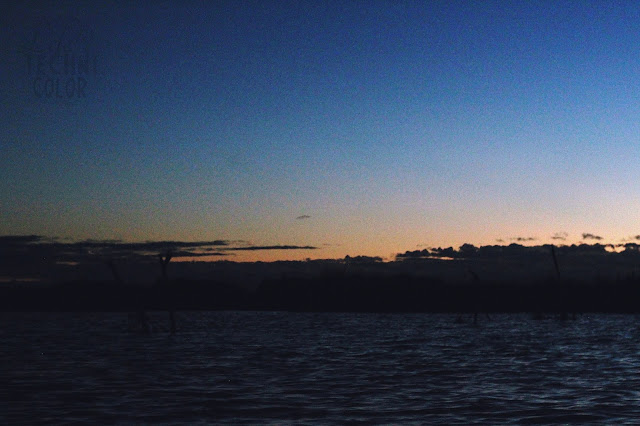

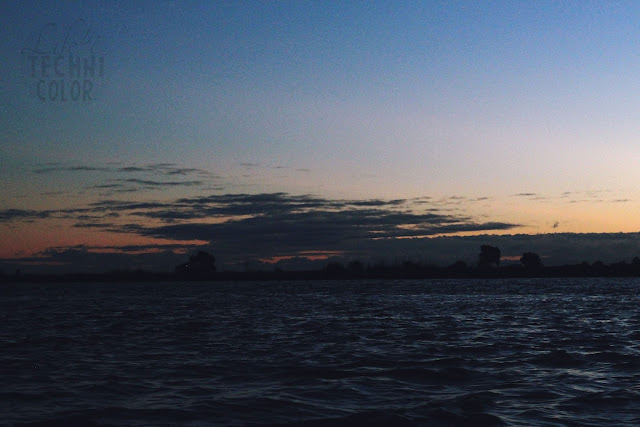

Since the eruption, SMBCHEA has become the home of many different mangrove species, fishes and other sea creatures. And because the area is surrounded with mudflats, it also serves as a habitat for various arthropod species.

Soon we arrived at the 300-meter boardwalk leading to the view deck of SMBCHEA.

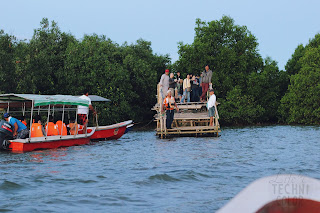
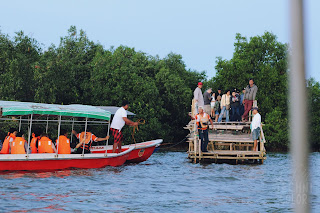





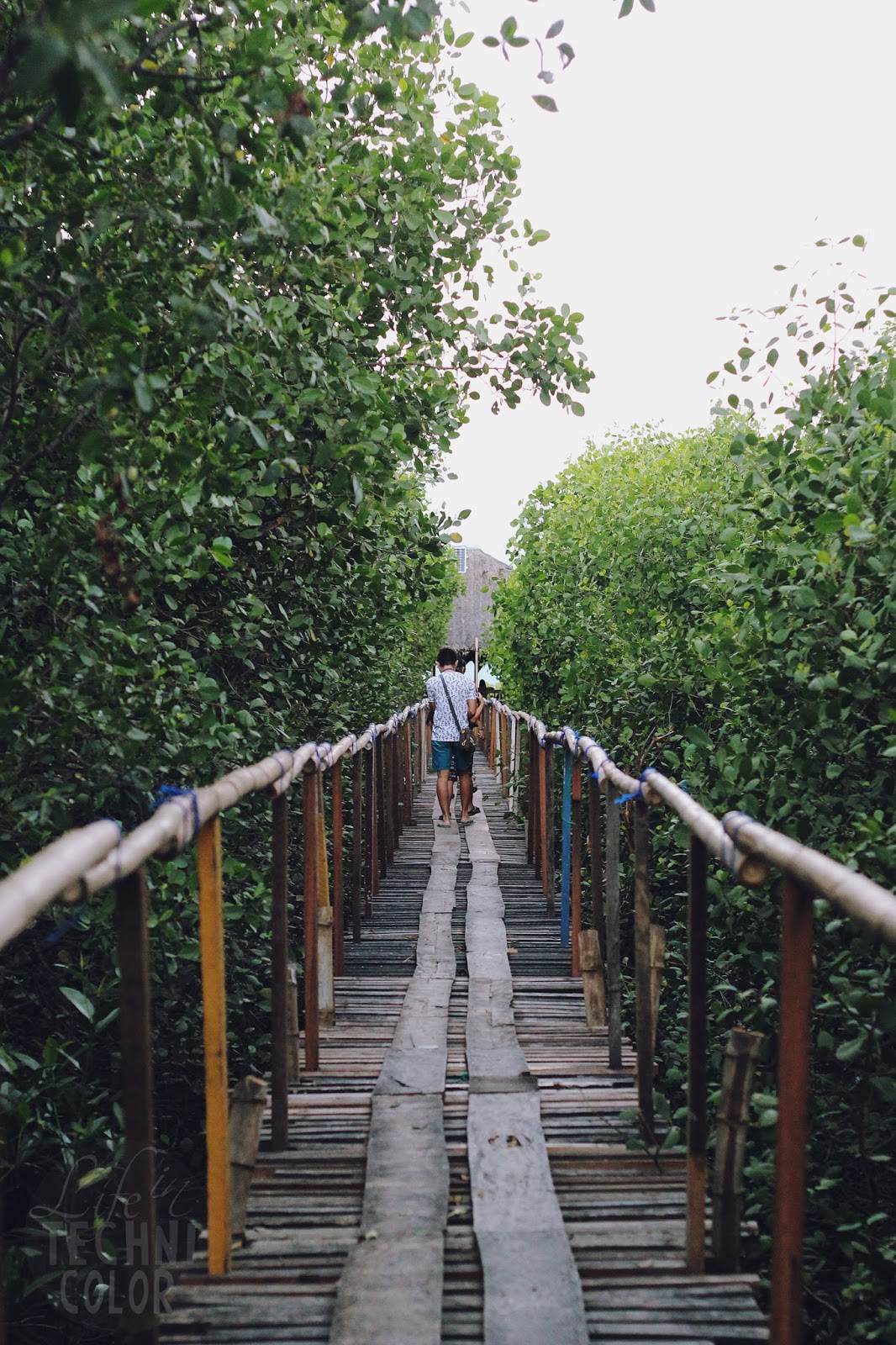


We've come such a long way, but it was definitely worth it. It's not everyday that you get to see such natural beauty, and it's just in Pampanga, guys! A mere two-hour drive from Manila! I really think it's nice that places like this are being preserved and protected now. I mean, it's not just about trees, but so many animals are depending on it and have already made SMBCHEA their home.

Aside from that, these mangroves are actually a critical source of oxygen for the overly polluted Manila Bay. It also serves as a shield during storm surges, especially for those living in the coastal areas of Sasmuan.

SBMCHEA covers about 894 hectares of mangrove forest and mudflats. It is situated at Barangay Batang II, one of the five coastal barangays of the Municipality of Sasmuan, Pampanga. It is located at the North of Guagua; East by the towns of Masantol and Macabebe; West by the town of Lubao; and South by Manila Bay. The Sasmuan-Wetlands is within the large enclosed sea of Manila Bay characterized by intertidal mudflats. (source)

And according to the Asian Waterbird Census 2018, it currently has a total population of 26,108 birds. Annually, the Philippines hosts more than eighty species of migratory birds, of which SMBCHEA has now become a hotspot thanks to its rich biodiversity, good climate, and location.

Unfortunately, we didn't get to see much of them during our few hours there, but here's a photo taken by Sonjai Salenga for SMBCHEA:
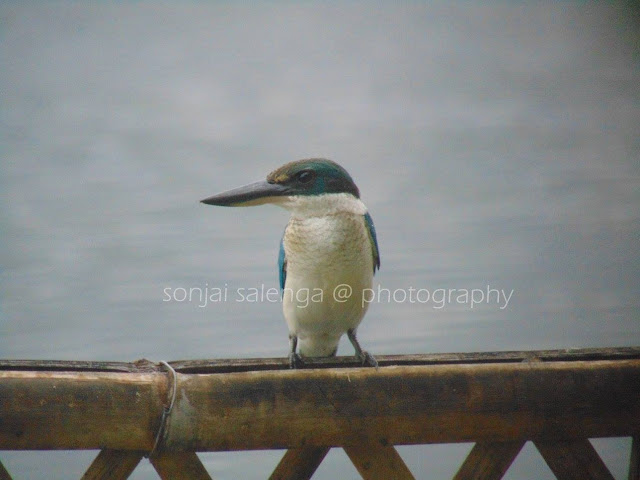
I've always seen traveling as a way of learning about a new place and immersing yourself in the culture, so trips like this are something I definitely look forward to.


Here's tourism officer Jayson Salenga telling us about SBMCHEA


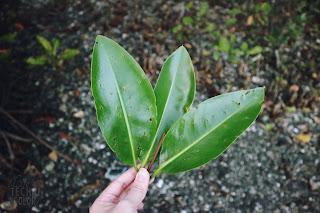

Learning more about mangroves







